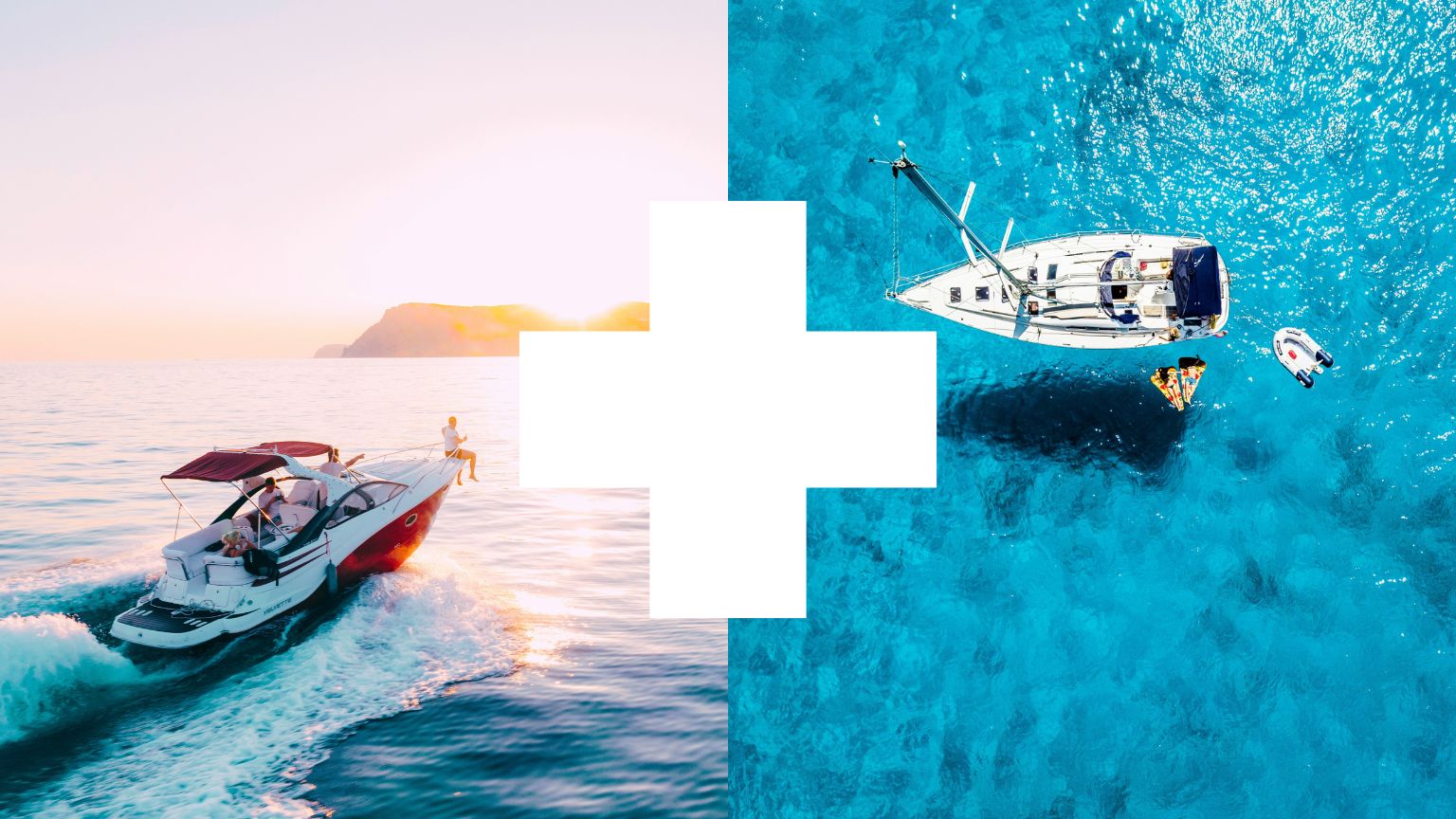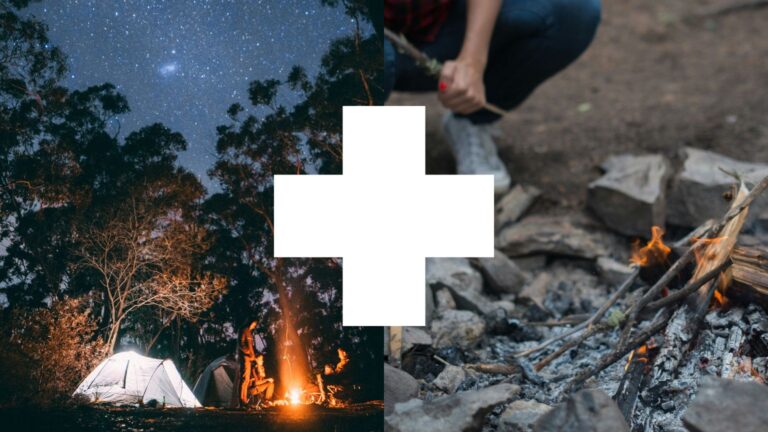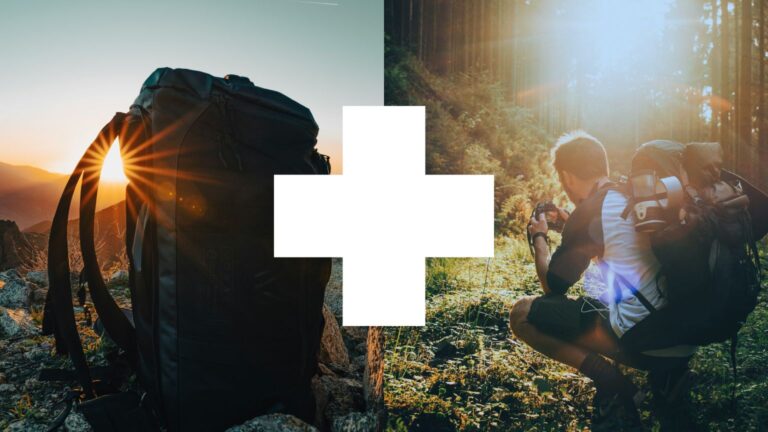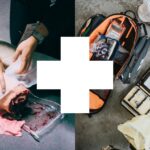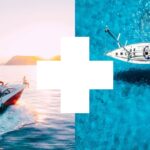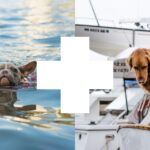Marine First Aid Kit stand as indispensable companions for adventurers, sailors, and maritime enthusiasts navigating the vast ocean expanses. In the dynamic realm of maritime travel, where the horizon stretches endlessly and the elements reign supreme, safety takes precedence above all. These kits serve as vital resources, embodying a beacon of reassurance amid the uncertainties of the ocean’s expanse.
Central to this safety is the marine first aid kit, a vital resource that stands as a beacon of reassurance amid the uncertainties of the ocean’s expanse.
In this guide, we embark on a journey through the essentials of marine first aid kits, illuminating the importance of preparedness and equipping sailors with the knowledge to navigate medical emergencies at sea.
Join us as we navigate the waters of safety, ensuring that every seafarer is equipped to weather the unforeseen challenges of the high seas with confidence and resilience.
A Guide to Marine First Aid Kit.
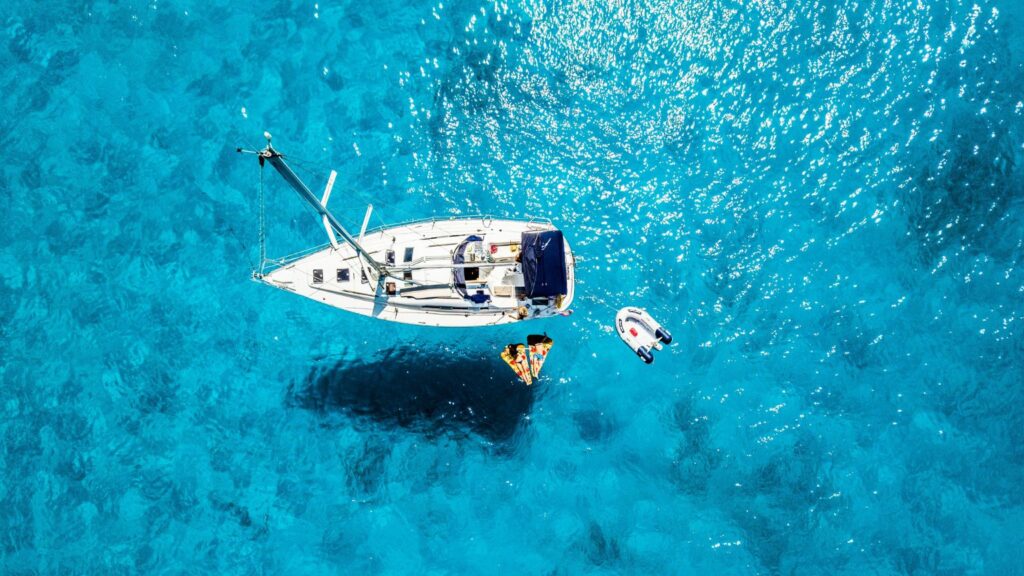
Why You May Need a Marine First Aid Kit
Spending time on the water, whether for leisure or profession, involves unique risks and challenges that require specialized first aid preparedness. A marine first aid kit is tailored specifically for the needs of those on boats, ships, or other watercraft, ensuring that you are ready to handle medical emergencies that may arise while on the water. Here’s why you might need a marine first aid kit:
Unique Maritime Hazards
The marine environment presents distinct risks that are not typically encountered on land. These include:
- Water-Related Injuries: Cuts, scrapes, and puncture wounds from sharp objects like hooks, fish fins, and boat equipment.
- Sea Sickness: Many people experience nausea and vomiting while on the water, which requires specific medications to treat effectively.
- Sun and Heat Exposure: Prolonged exposure to the sun can lead to sunburn, heat exhaustion, or heatstroke.
- Marine Life Stings and Bites: Encounters with jellyfish, stingrays, and other marine life can cause painful and potentially serious injuries.
Limited Access to Medical Facilities
When you are on a boat, you are often far from the nearest medical facility. In such situations, immediate access to a comprehensive first aid kit is crucial to manage injuries and illnesses until professional medical help can be reached. A marine first aid kit is designed to be self-sufficient, providing the necessary supplies to handle a wide range of emergencies.
Specialized Equipment and Supplies
Marine first aid kits include items that are specifically chosen for their relevance and effectiveness in a marine environment. These may include:
- Waterproof and Floating Containers: Ensures that the kit remains functional even if it gets wet.
- Anti-Seasickness Medication: Helps manage nausea and vomiting associated with motion sickness.
- Burn Treatments: Includes supplies to treat sunburns and other types of burns common in marine settings.
- Wound Care Supplies: Extra emphasis on supplies to treat cuts, scrapes, and puncture wounds, including waterproof bandages and antiseptics.
Compact and Durable Design
Marine first aid kits are designed to be compact and durable, making them suitable for storage in the confined spaces of a boat. They are often made with materials that can withstand the harsh marine environment, including saltwater, humidity, and UV exposure.
Compliance with Regulations
For those who operate commercial vessels or charter boats, having a marine first aid kit is often a regulatory requirement. These kits need to meet specific standards set by maritime authorities to ensure they are adequately equipped to handle emergencies at sea.
Enhanced Safety and Peace of Mind
Having a marine first aid kit on board enhances the overall safety of your maritime activities. Knowing that you are prepared to handle medical emergencies can provide peace of mind, allowing you to focus on enjoying your time on the water or carrying out your professional duties without undue worry.
Key Components of a Marine First Aid Kit
A well-stocked marine first aid kit should include:
- Basic First Aid Supplies: Adhesive bandages, gauze pads, medical tape, scissors, tweezers, and antiseptic wipes.
- Medications: Pain relievers, anti-inflammatory drugs, anti-seasickness medication, antihistamines for allergic reactions, and topical antibiotics.
- Specialized Marine Items: Waterproof bandages, burn gel, sting relief treatments, and thermal blankets.
- Emergency Equipment: CPR mask, splints, eye wash, and a basic first aid manual with instructions tailored for marine scenarios.
Conclusion
A marine first aid kit is an essential component of safe boating. It provides the necessary tools and supplies to address the unique risks and challenges of the marine environment, ensuring that you can effectively manage medical emergencies until professional help is available.
By investing in a marine first aid kit, you are taking a proactive step in safeguarding the well-being of everyone on board, allowing you to navigate the waters with greater confidence and security.
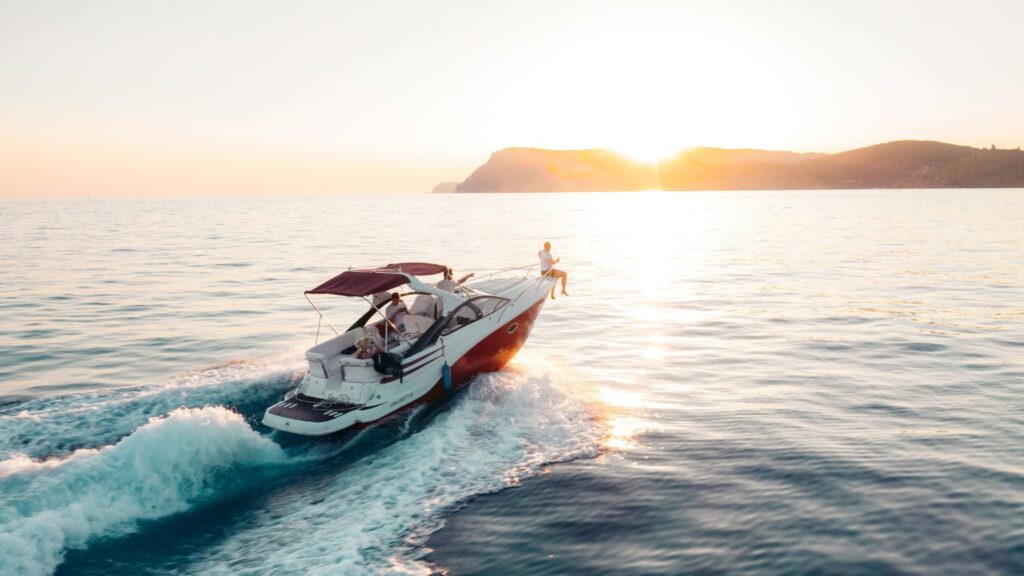
Essential Items in Your Marine First Aid Kit
Embarking on boating adventures offers thrilling experiences, but being prepared for emergencies is paramount. Building a comprehensive first-aid kit ensures you’re equipped to handle a range of medical situations while on board.
Here’s a curated list of essential items to consider for your marine first aid kit:
- Scissors: Vital for cutting bandages, tape, or clothing if necessary.
- Tweezers: Essential for removing ticks, splinters, or foreign bodies from the skin.
- Syringe (without needle): Handy for flushing wounds with saline solution or as an emergency eye-wash pump.
- Saline Solution: Ideal for cleansing wounds before dressing.
- Fabric Tape: Ensures secure adhesion of dressings and bandages.
- Elastic Bandages: Provide support and coverage for injuries.
- Triangular Bandage: Useful for supporting and immobilizing damaged limbs.
- Large Adhesive Pads: Cover larger cuts and wounds effectively.
- Instant Cold Pack: Offers temporary relief for minor burns, sprains, and strains.
- Foil Blanket: Helps retain body heat and reduces shock.
- Sterile Absorbent Pads: Cover wounds and abrasions to promote healing.
- Disposable Gloves: Essential for handling bodily fluids; opt for latex-free options like nitrile.
- Rolled Gauze: Provides extra absorbency and coverage for wounds.
- Adhesive Bandages: Keep a variety of sizes, including round and butterfly closures for deeper cuts.
- Burn Cream: Treats sunburns or minor burns; seek medical attention for significant burns.
- Individually Wrapped Medications: Include common medications for stings, heartburn, seasickness, diarrhea, etc.
- Alcohol Wipes: Sterilize hands, instruments, or wounds.
- Storage Container: Keep supplies organized and easily accessible.
- Aspirin, Ibuprofen, Acetaminophen: Pain relievers for various needs.
- First-Aid Guide: Essential for quick reference during emergencies.
- Cotton Swabs: Clean delicate areas before applying dressings.
- Sam Splint: Immobilize suspected fractured limbs.
- Antiseptic Ointment or Spray: Prevent infection in minor scrapes and abrasions.
- Eye Wash: Flush out chemicals, dirt, or grit from the eyes; provides relief for severe allergies.
Customize your marine first aid kit based on your boating location, the needs of your crew, and any personal preferences. Regularly check and restock supplies to ensure your kit remains ready for any marine adventure.
Adjust the quantity of supplies in accordance with the number of passengers, the distance from emergency assistance, and the potential severity of injuries.
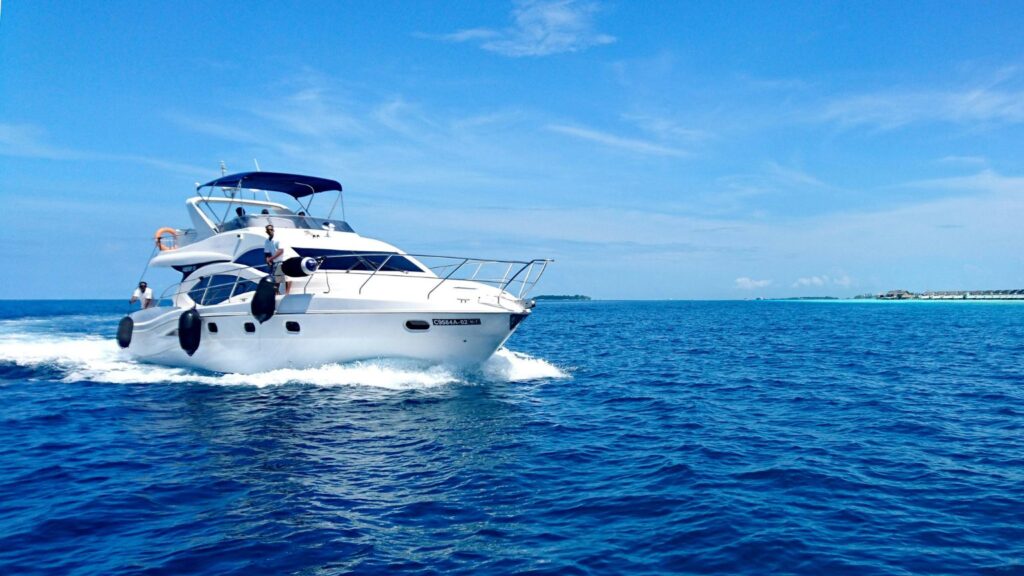
Purchasing a Marine First Aid Kit (FAK)
When assembling or purchasing a marine first aid kit (FAK), there are several important factors to consider to ensure it meets the specific needs of maritime travel. Here’s what you should know:
- Waterproof Packaging: Given the marine environment’s propensity for moisture, it’s crucial to choose a first-aid kit with waterproof packaging or store the contents in waterproof containers. This helps protect the supplies from water damage and ensures they remain usable in emergencies.
- Saltwater Compatibility: Saltwater can corrode certain materials, so opt for medical supplies and equipment that are resistant to saltwater corrosion. This includes stainless steel instruments and waterproof packaging for medications.
- Marine-Specific Hazards: Consider the unique hazards of maritime travel, such as sun exposure, seasickness, jellyfish stings, and marine animal bites. Ensure your first-aid kit includes items like sunscreen, anti-nausea medication, vinegar (for jellyfish stings), and antivenom kits for regions with venomous marine life.
- Remote Location Preparedness: Yachts often sail in remote areas where medical assistance may be hours or even days away. As such, the first-aid kit should be equipped to handle a wide range of injuries and medical emergencies until professional help can be reached. This includes items for wound care, burns, fractures, and basic medications for pain relief and allergic reactions.
- Regulatory Compliance: Familiarize yourself with any regulations or guidelines regarding first-aid kits for maritime vessels in your jurisdiction. Ensure your kit meets or exceeds these requirements to maintain compliance and ensure the safety of everyone on board.
- Training and Knowledge: Having a well-stocked first-aid kit is only half the battle; knowing how to use its contents effectively is equally important. Ensure that crew members receive proper training in first aid and CPR to respond confidently and effectively to medical emergencies on board.
- Regular Inspection and Maintenance: Periodically inspect the contents of your marine first-aid kit to ensure that supplies are up to date, medications have not expired, and nothing is damaged or missing. Replace any expired or depleted items promptly to maintain the kit’s readiness for emergencies.
By considering these factors and tailoring your marine first-aid kit to the unique challenges of maritime travel, you can better prepare yourself and your crew to handle medical emergencies effectively while at sea.
Introducing the FAKBAG Marine First Aid Kit: Your Essential Companion for Marine Safety
When it comes to maritime adventures, preparedness is paramount. That’s why the FAKBAG is here to simplify your safety preparations. Our prepackaged kits offer a hassle-free solution, streamlining the selection process and ensuring you have everything you need for medical emergencies on board.
Designed for the unpredictable nature of marine environments, FAKBAG kits come in watertight containers. This ensures that your supplies stay organized, dry, and readily accessible, even in the most challenging conditions. Say goodbye to guesswork and hello to peace of mind knowing you’re prepared for any situation.
But that’s not all—the FAKBAG goes above and beyond with additional features to enhance your safety:
- Comprehensive Selection: Each FAKBAG kit is carefully curated to include a wide range of essential medical supplies tailored to maritime travel.
- Customization Options: Need to accommodate more passengers or plan for longer voyages? FAKBAG offers customization options to suit your specific needs.
- Expert Guidance: Unsure about which kit is right for you? Our knowledgeable staff are on hand to provide expert guidance and answer any questions you may have.
- Durability and Reliability: Built to withstand the rigors of the marine environment, FAKBAG containers are durable, reliable, and designed to last.
Don’t leave your safety to chance. Choose FAKBAG Marine First Aid Kit for peace of mind on every voyage.
Don’t Miss Out – Read It Now!
Learn essential tips for boating with your dog! Check out this insightful article: How to boat with your dog.

